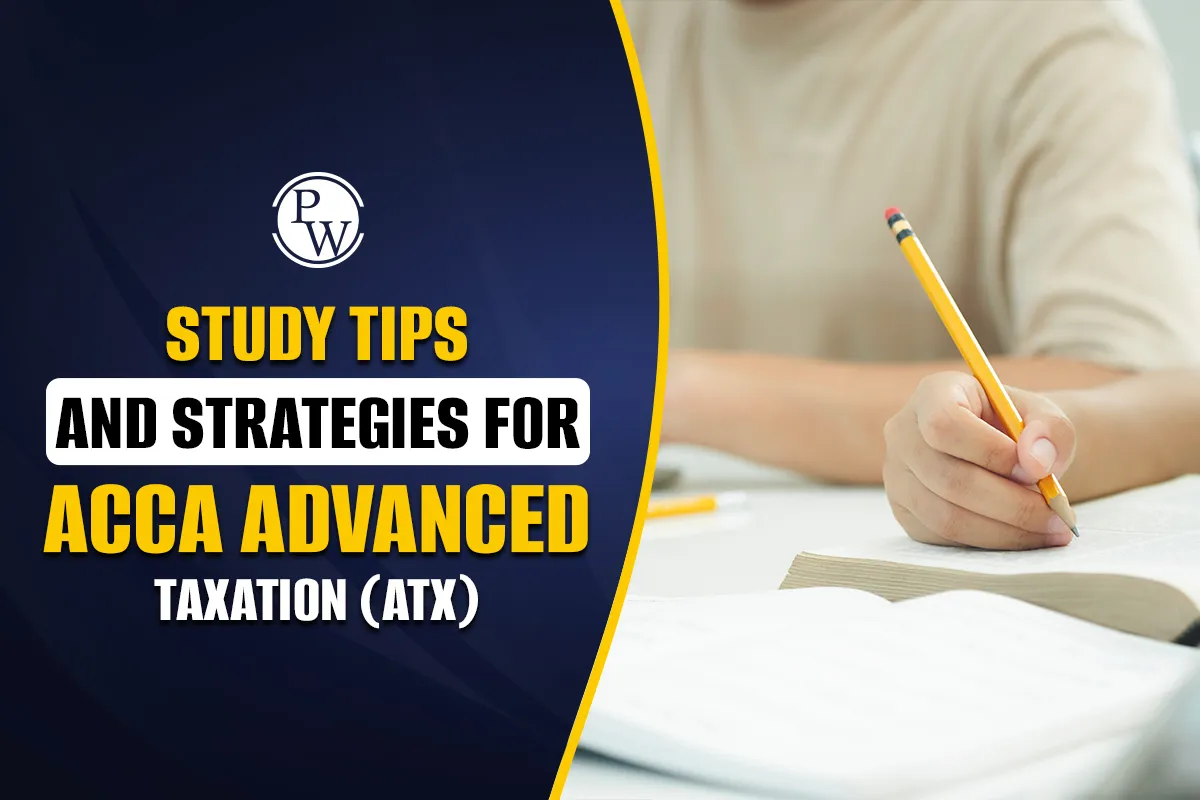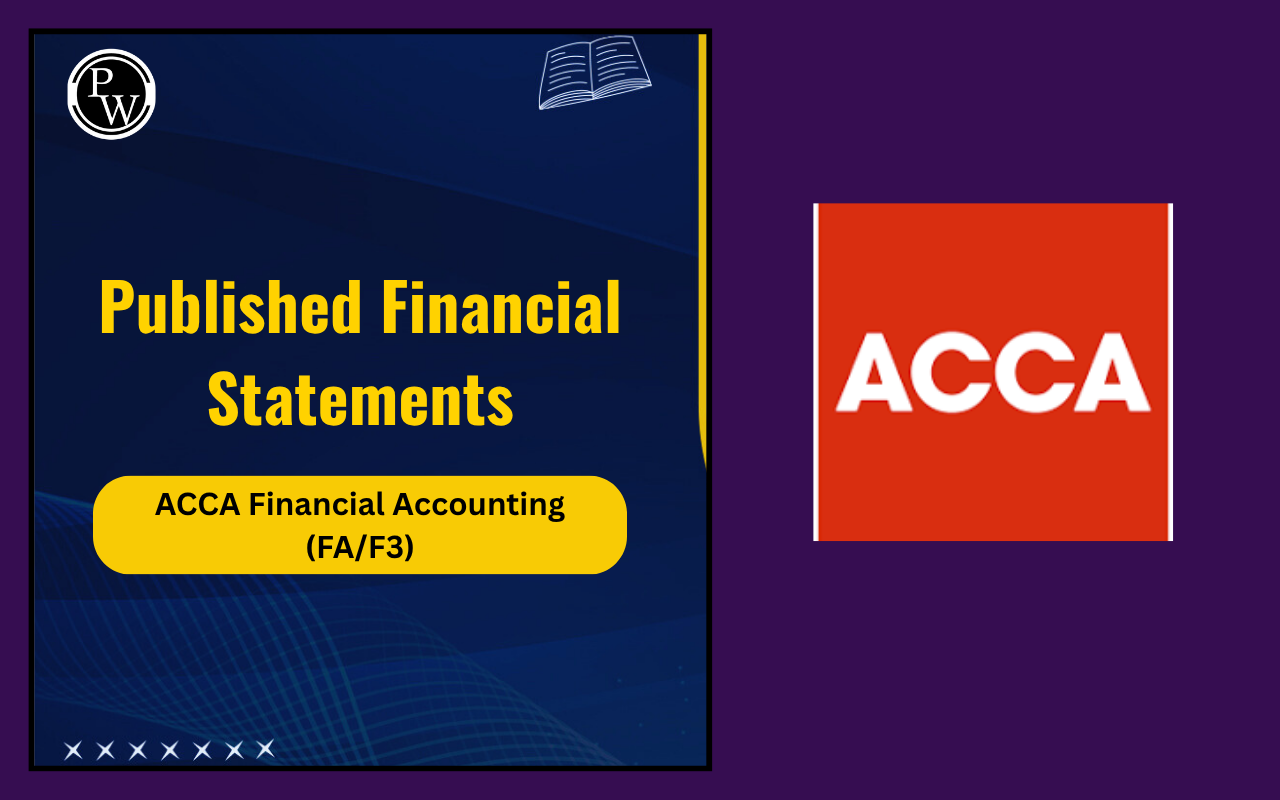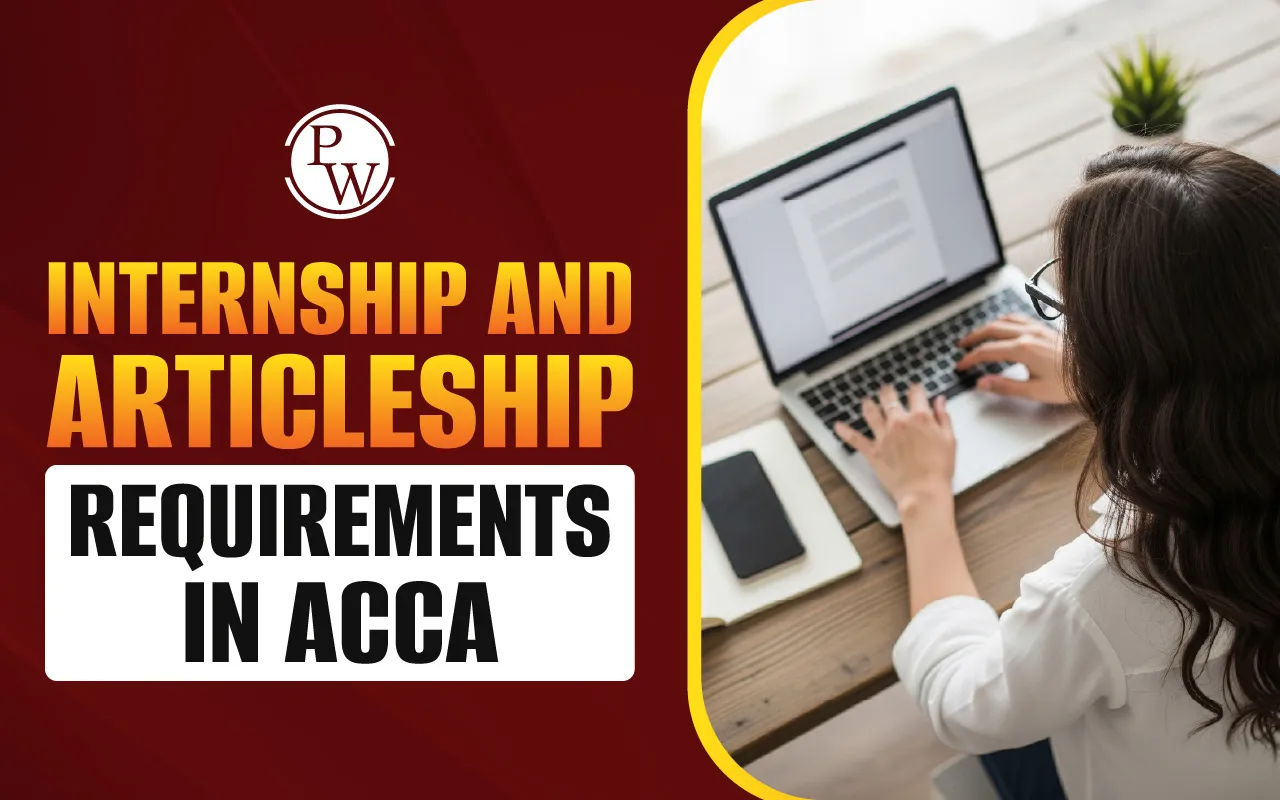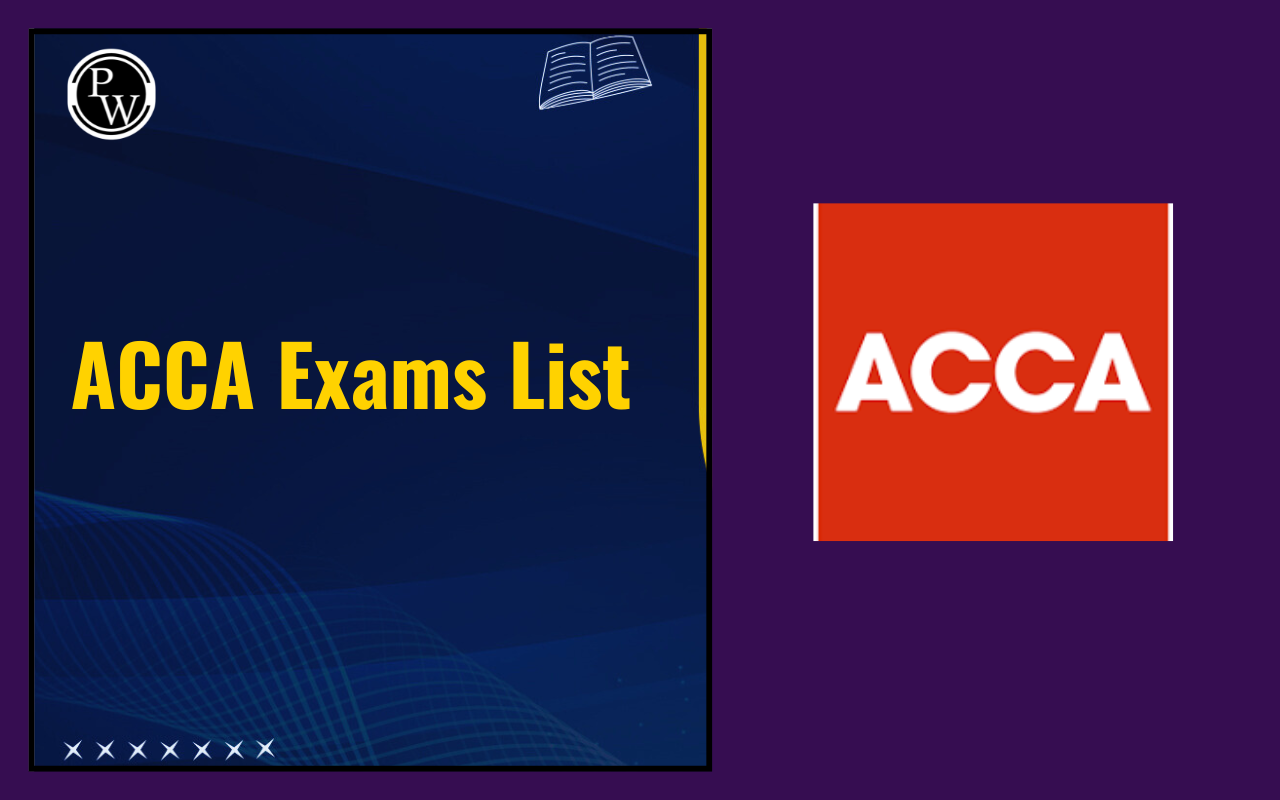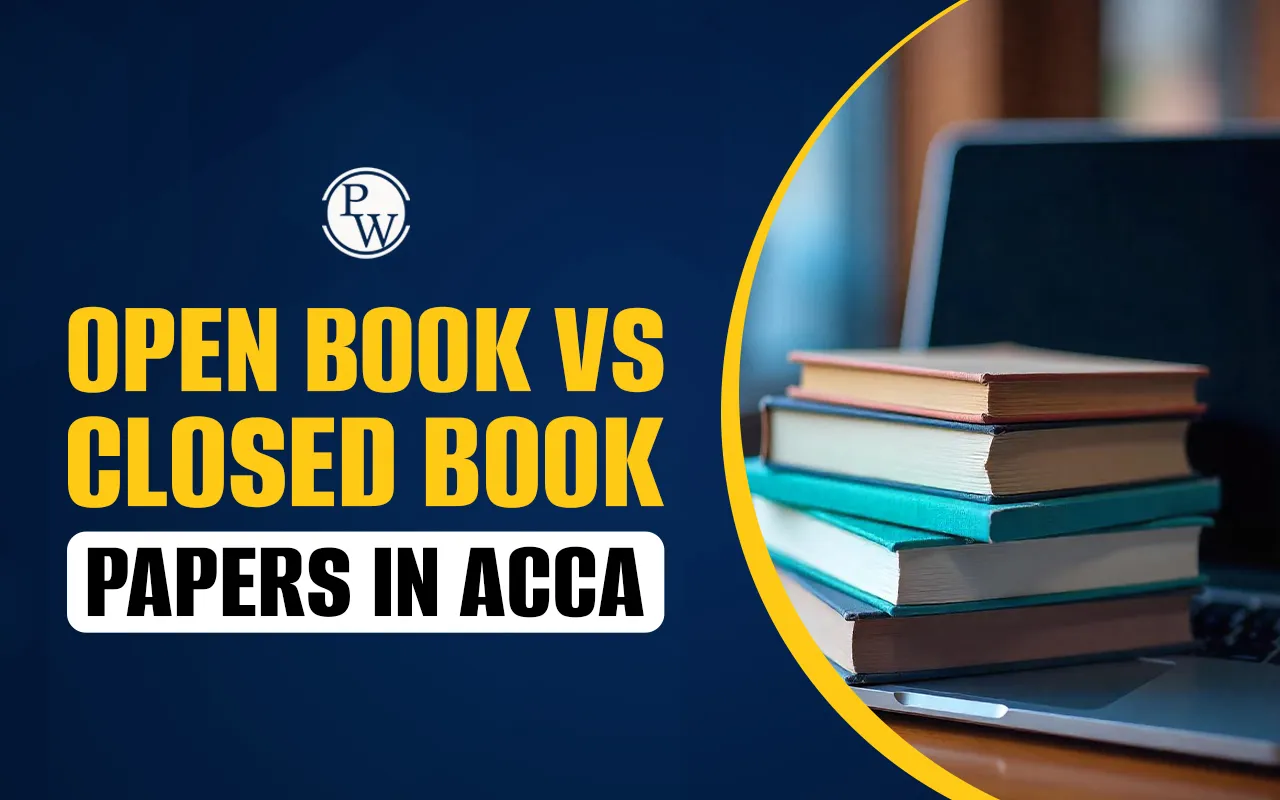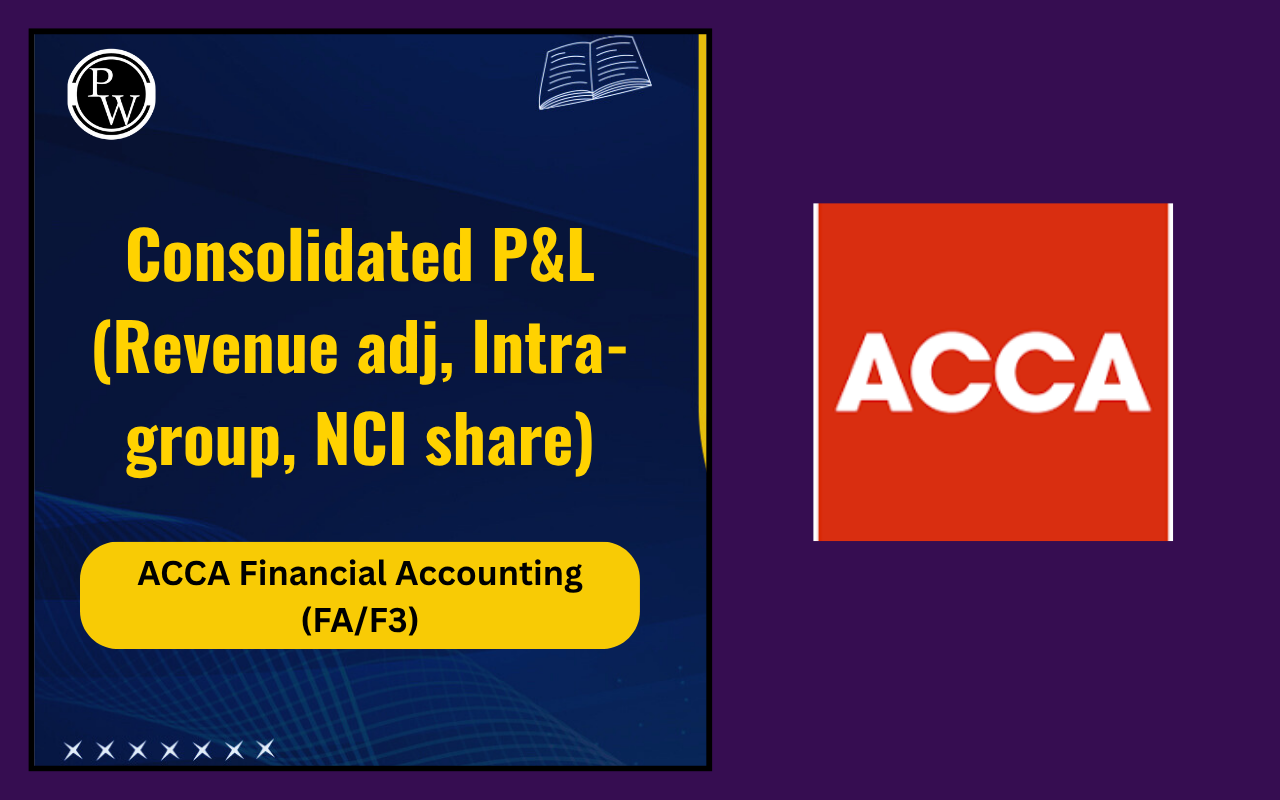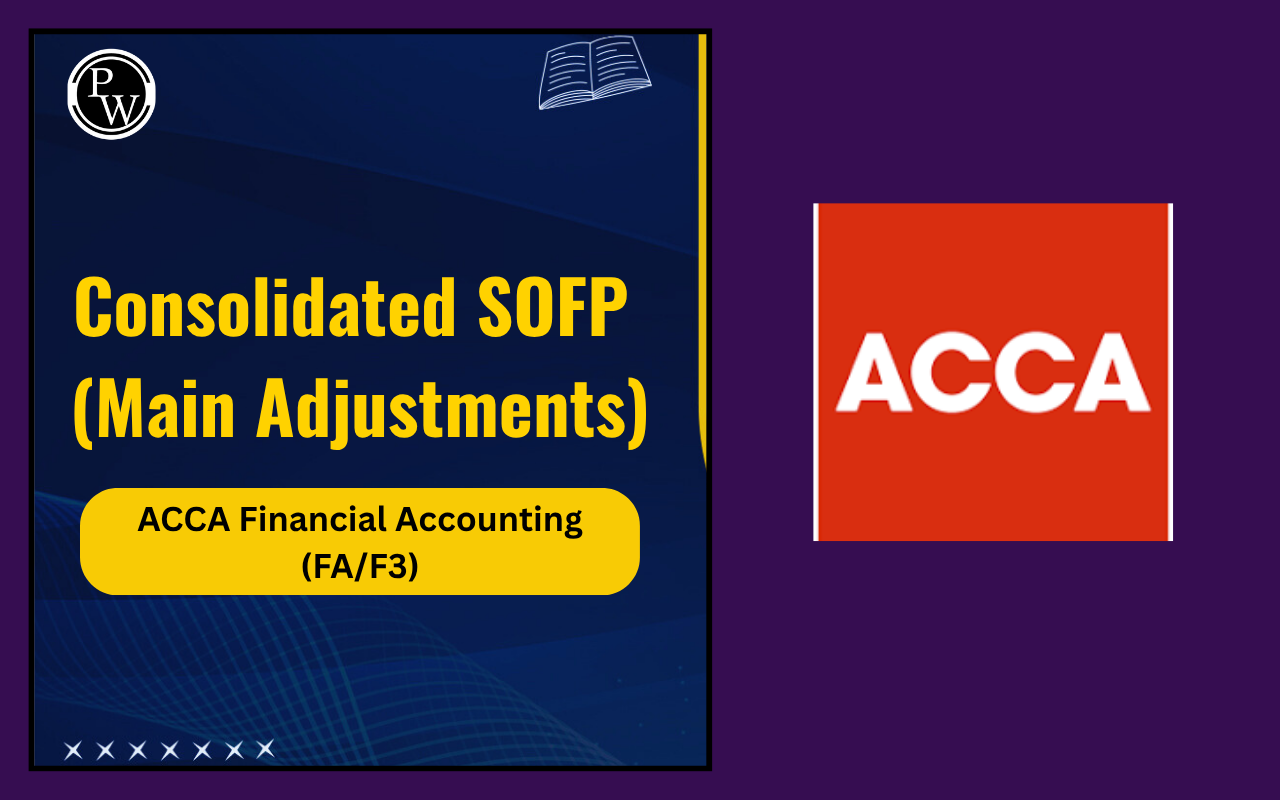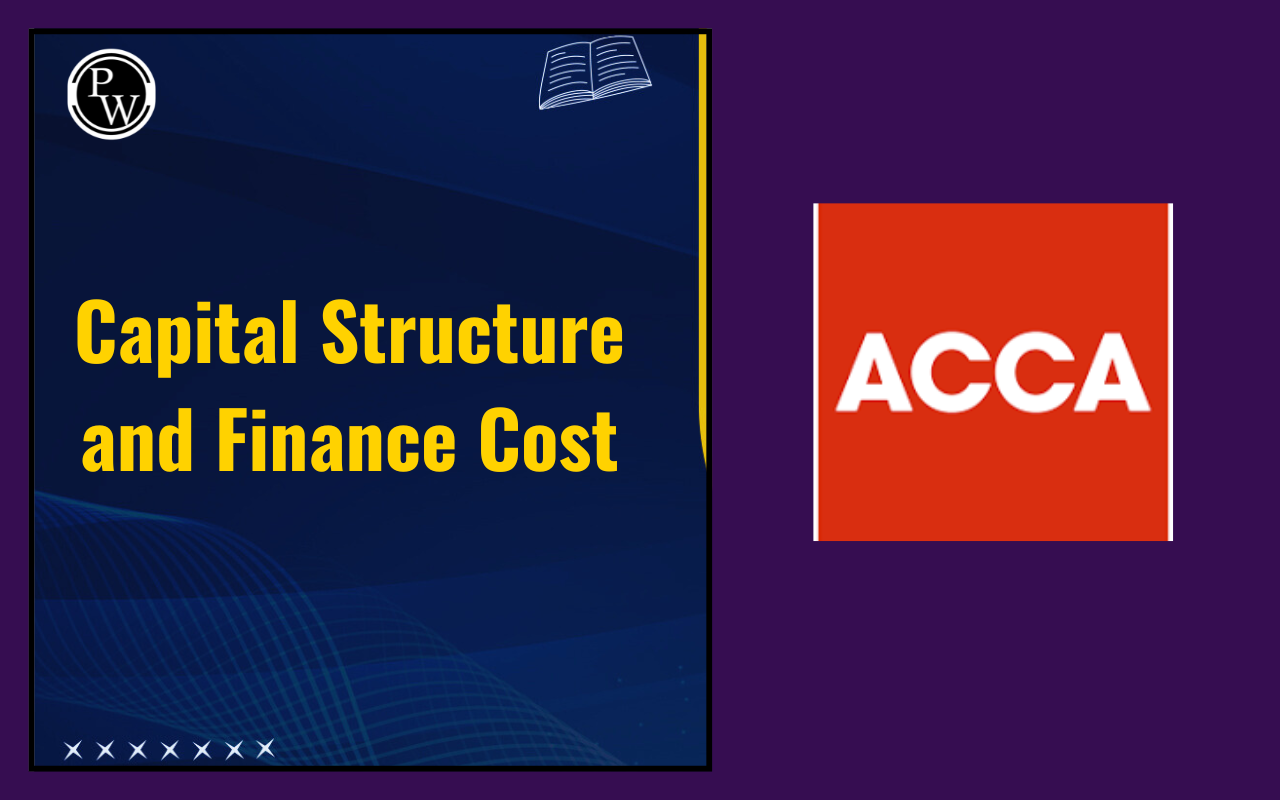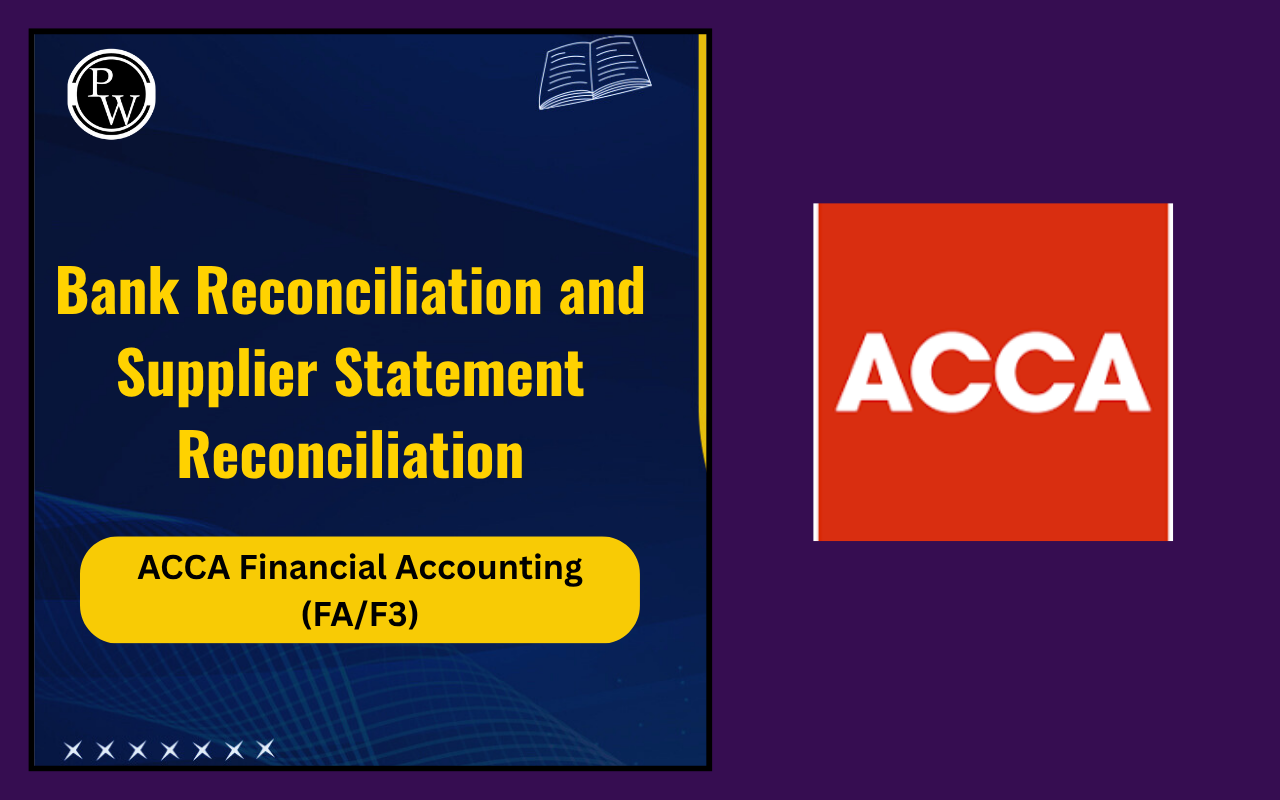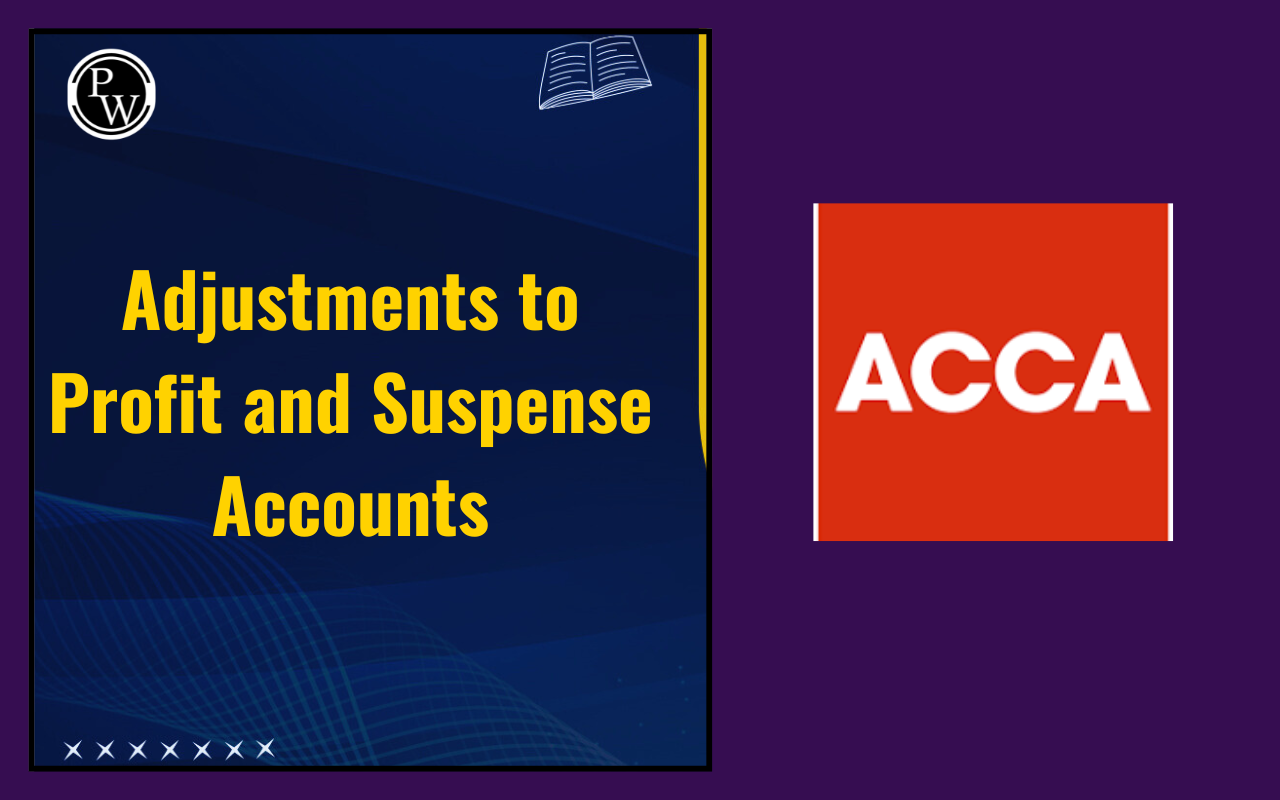
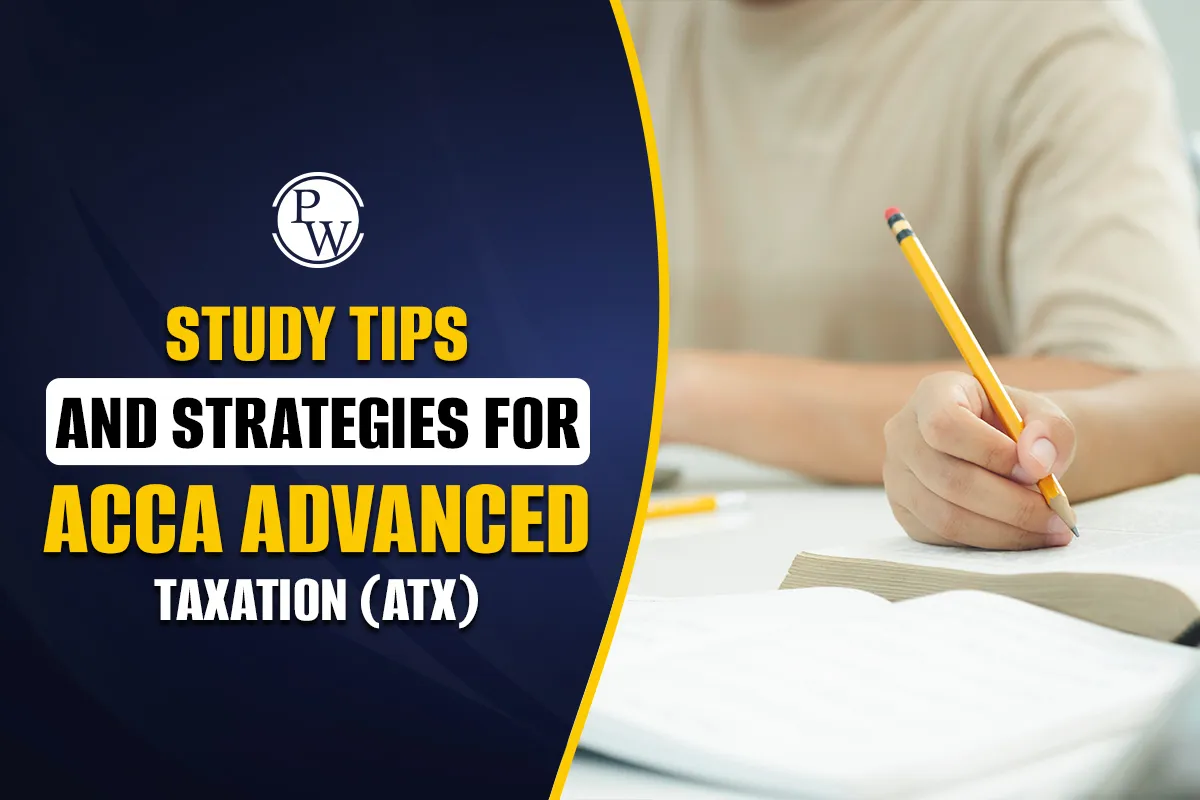
The ACCA Advanced Taxation (ATX) exam requires a deep understanding of taxation laws, advanced tax planning strategies, and the ability to apply theoretical knowledge to real-world scenarios. Unlike earlier taxation papers, ATX demands critical thinking, strong problem-solving skills, and the ability to integrate multiple tax concepts effectively.
Success in this paper is not just about memorizing tax rules but about understanding their application in complex scenarios. Here, we will explore essential study tips and strategies to help you excel in the ACCA Advanced Taxation (ATX) exam.
ACCA Advanced Taxation Exam Structure
The ACCA Advanced Taxation (ATX) exam is a challenging but rewarding paper that requires a deep understanding of tax principles, computations, and professional application. This paper builds on the knowledge acquired in TX and incorporates the examinable Finance Act (FA 2018). Since all questions are scenario-based, a candidate must develop a strategic approach to master computational and discursive elements.
The following are the features of ACCA Advanced Taxation exam:
-
Scenario-based questions
-
A mix of computational and discursive elements
-
Multiple tax considerations within a single question
-
Emphasis on tax planning and professional judgment
To succeed in ACCA Advanced Taxation, you need to think critically, apply tax laws effectively, and communicate your answers professionally. Let’s explore the best strategies to ace this ACCA exam.
How to Cover the Syllabus of ACCA Advanced Taxation?
The syllabus for ACCA Advanced Taxation includes various aspects of taxation, requiring candidates to refresh their knowledge from the TX syllabus.
The following are the key topics to focus on:
1. Taxation of Individuals and Businesses
Understanding how tax applies to both individuals and companies is crucial. You must be familiar with income tax, corporation tax, and capital gains tax.
2. Tax Planning Strategies
The exam tests tax planning skills. This includes determining the best ways to minimize tax liability while remaining compliant with tax laws.
3. Ethical and Professional Considerations
ACCA emphasizes professionalism in taxation, so candidates should prepare for questions that test ethical decision-making.
4. Interaction of Different Taxes
A significant challenge in ACCA Advanced Taxation is tackling questions that involve multiple tax considerations, such as VAT, inheritance tax, and stamp duties.
By mastering these areas, you enhance your ability to handle complex exam scenarios effectively.
Study Strategies for ACCA Advanced Taxation
The following are the effective study strategies for ACCA Advanced Taxation:
1. Divide the Syllabus into Manageable Sections
Break down the syllabus into weekly study goals, ensuring all topics are covered before the exam.
2. Revise TX-UK Concepts
Since ACCA Advanced Taxation builds on TX-UK knowledge, revisiting previous topics will help reinforce your understanding.
3. Use Past Papers and Exam Questions
Practicing past exam questions will help familiarize you with the exam format and improve your ability to apply knowledge to scenarios.
4. Follow the ‘Think More – Write Less’ Approach
Examiners recommend identifying all requirements before answering. This includes analyzing scenario documents, recognizing key figures, and avoiding unnecessary recalculations.
Also Check: ACCA Advanced Financial Management (AFM) Preparation Strategies and Tips
How to Answer Questions in ACCA Advanced Taxation?
Writing answers is an important part of ACCA Advanced Taxation exam. The following are some tips to help you prepare:
1. Identify All Parts of the Requirement
Many students lose marks because they fail to address all aspects of the question. Look for instructions in both the requirement section and the provided documents.
2. Structure Your Answer Logically
Write concisely and ensure that each point is relevant to the question. Irrelevant discussions waste time and do not contribute to marks.
3. Relate Calculations to the Scenario
Avoid generic calculations. Instead, tailor your calculations and explanations to the context provided in the question.
4. Plan Before You Write
Having a structured approach improves answer quality. Identify key issues, decide on your response structure, and ensure every part of the question is addressed.
Final Tips for ACCA Advanced Taxation
Below are some tips to help you prepare for ACCA Advanced Taxation (ATX) exam:
1. Understand Exam Verbs
Common exam verbs include:
-
Prepare: Structure your answer formally
-
Calculate: Show workings clearly
-
Explain: Provide reasoning with calculations
2. Practice with Timed Mock Exams
Time management is critical. Practicing under exam conditions will help you improve your speed and accuracy.
3. Stay Updated on Tax Law Changes
Tax laws change regularly, and the FA 2018 forms the basis of this exam. Ensure you are studying the most recent applicable tax regulations.
4. Take Care of Your Mental and Physical Health
Balancing study time with breaks and self-care is essential. Avoid burnout by maintaining a structured study plan and ensuring sufficient rest.
FAQs
What is the best way to prepare for ACCA Advanced Taxation?
How can I improve my answer presentation in ACCA Advanced Taxation?
What are the key topics in ACCA Advanced Taxation?
Why is tax planning important in ACCA Advanced Taxation?

